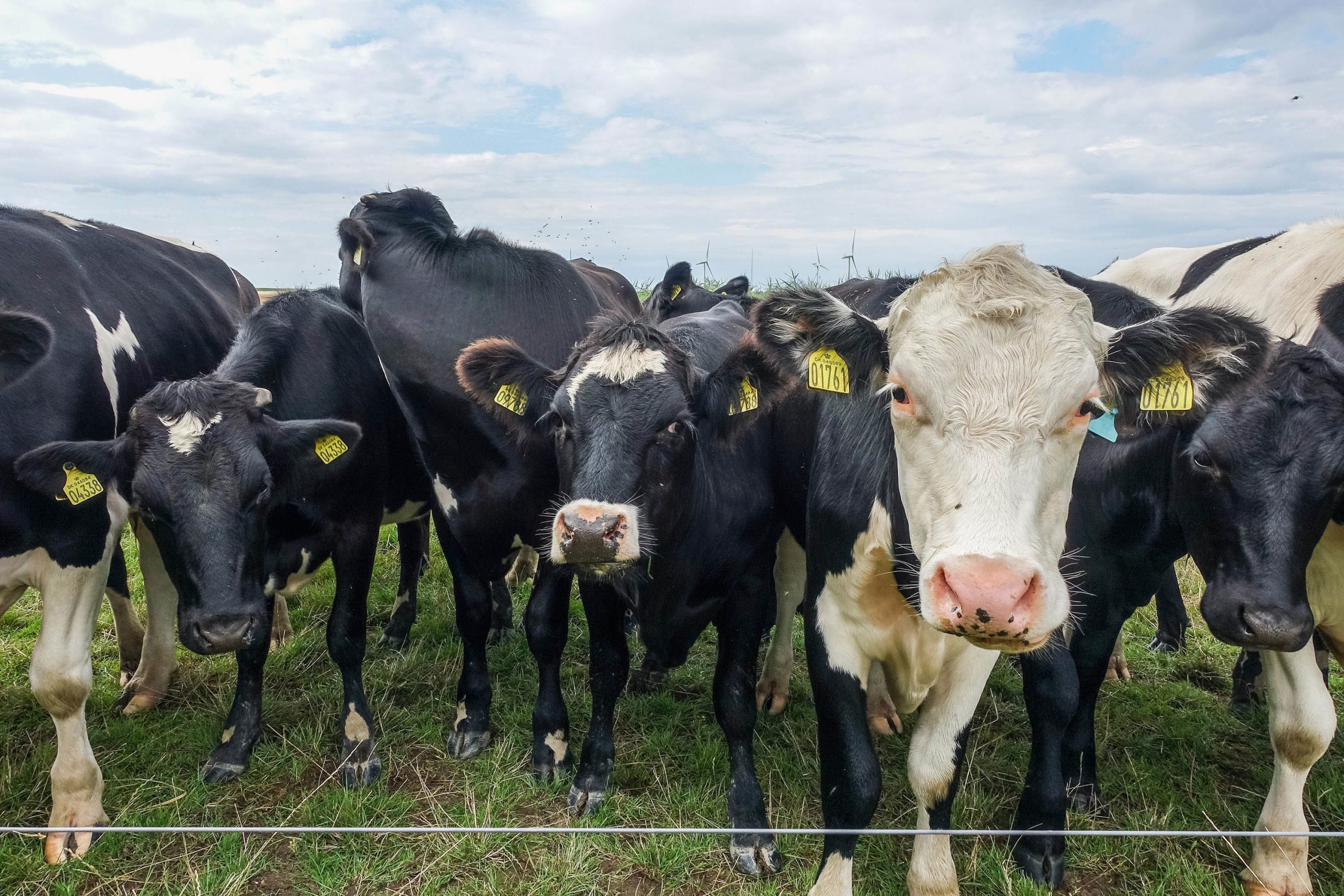
Global emissions of a greenhouse gas more potent than carbon dioxide are rising at record levels, casting doubt on the success of looming climate change targets designed to avert a climate catastrophe.
Methane levels have risen by 20 per cent in the last two decades, a report by the CSIRO out today has revealed – and recent years have seen the largest increases.
Methane is one of the three major greenhouse gases that contribute to climate change.
READ MORE: Infected wounds, maggots as Gaza’s humanitarian crisis hits new lows
“We have seen higher growth rates for methane over the past three years, from 2020-2022, with a record high in 2021,” CSIRO’s executive director for the Global Carbon Project Pep Canadell said.
“This increase means methane concentrations in the atmosphere are 2.6 times higher than its pre-industrial (1750) levels.”
The alarming findings come after the planet recorded its warmest year on record by a wide margin in 2023, bringing with it intense wildfires, heatwaves and record-low Antarctic sea ice coverage.
The global surface temperature averaged 1.35 degrees warmer than pre-industrial levels that year.
Human-produced methane is estimated to contribute to about 0.5 degrees of that warming.
Around 40 per cent of human-made methane is produced by agriculture, with cows and other livestock being key contributors.
Around a third (34 per cent) comes from the fossil fuel sector, while human waste – at landfill sites and in wastewater – makes up another 19 per cent.
Cattle farming is the single largest contributor to methane emissions, as cows emit large quantities of the noxious gas during their digestion processes.
READ MORE: Doctors hail progress of world-first eye transplant after landmark result
However, improving animal production efficiency, putting additives such as seaweed in the cows’ feed to reduce their methane production and a shift towards animals that don’t emit as much methane have all been successful in reducing emissions in Australia.
But while Australia along with the European Union have successfully reduced their methane output in recent decades, other nations have gone backwards.
China produced 16 per cent of the world’s methane in 2020, followed by India at nine per cent, the United States at seven per cent, Brazil at six per cent and Russia at five per cent.
The findings jeopardise the success of the Global Methane Pledge, an international commitment to reduce methane emissions by 30 per cent from 2019 levels by 2030.
The pledge has been signed by 158 nations, but so far China, India and Russia have refused to join.
links to content on ABC
9News





